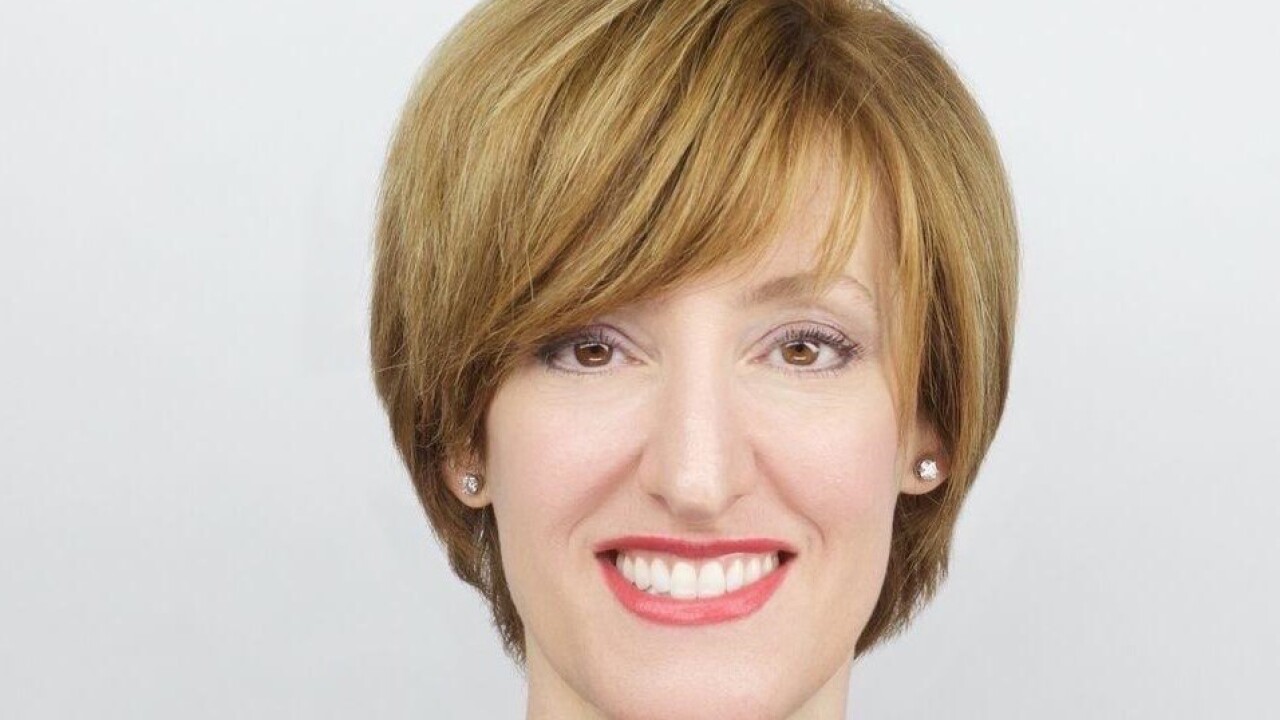-
Ally, Huntington, KeyBank and others are reimagining automated savings tools challenger banks have made popular.
April 13 -
The unfortunate reality for merchants and their customers is that swipe fees have continued to increase because the payment card market is broken, says payments consultant Mark Horwedel.
April 13 CMSPI
CMSPI -
The location will replace traditional menus with self-serve kiosks and feature order-ahead pickup cubbies, allowing customers to walk in, grab their food and go.
April 13 -
Invoiced is working with with the Mastercard Track Business Payment Service, the open-loop network that supports a vast network and business directory of buyers and suppliers.
April 13 -
The special-purpose bank, licensed by the state of Wyoming, has drawn the support of investors and some policymakers. But banking groups say the digital assets that underlie its business model are highly volatile.
April 12 -
CMSPI estimates that retailers lost about $30 billion in potential online sales last year from e-commerce transactions that were declined for a variety of reasons including fraud, insufficient funds, technical problems and errors.
April 12 -
Trustly Group AB’s plan to raise almost $1 billion through an initial public offering in Stockholm may be followed by a second listing in New York, according to its chief executive.
April 12 -
Circle Internet Financial Inc., a developer of the USD Coin digital token, has hired an executive from the Facebook Inc.-backed Diem Association to spearhead strategy and policy efforts.
April 12 -
Federal Reserve Chair Jerome Powell said the central bank is involved in a large-scale research and development project on the digital dollar, and that questions of whether adopting such a currency would provide a public benefit have yet to be resolved.
April 12 -
User experience and efficiency matter. Consumers aren't going to do something more difficult just for the technology, says Computop's Jed Danbury.
April 12 Computop
Computop







